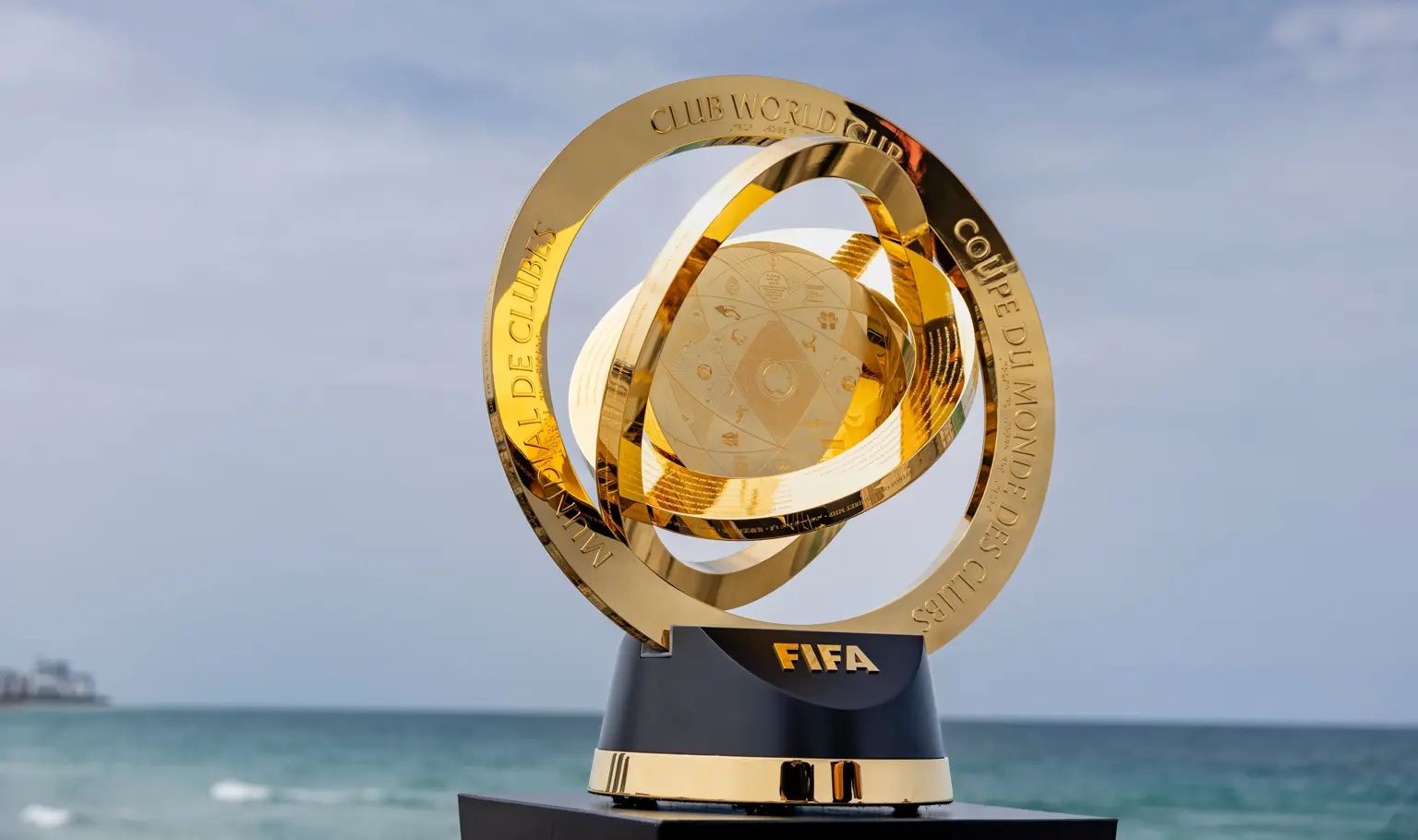FIFA has reinvented its premier club competition, expanding to 32 teams in an attempt to rival the international prominence of the FIFA World Cup.
This revamped version of the Club World Cup will replace the annual seven team tournament with a World Cup style competition held every four years, with this year's edition taking place in America from Sunday. It includes all continental champions from each of the last 4 years (prior to 2024-25 season), hence the inclusion of Chelsea and Man City. The remaining slots have been allocated to the highest-ranked clubs based on consistent continental performance over the last four years, paving the way for clubs like RB Salzburg from Austria. Arsenal and Barcelona, among other European giants, were placed higher in this ranking, however, have fallen victim of the two-team per nation cap that has been established for the tournament.
With a total prize pot rumoured to be in excess of £700 million – with £125 million for the winners – smaller clubs from outside Europe see this competition as a generational opportunity to gain global exposure and invest prize money into long-term development, whilst also testing themselves against the best teams on the planet. Specifically, New Zealand’s part-timers Auckland City are expected to receive over £2.5 million solely for participation, more than their existing annual budget.
Numerous new initiatives are being introduced for the competition, including “accelerated semi-automated offside technology” that will instantly tell assistant referees to stop the game if a player more than 10cm offside touches the ball. Other procedures include VAR pictures shown to fans in real time inside the ground, an eight-second countdown for goalkeepers to release the ball before a corner is given to the opposition as well as referees wearing body-cams that allow alternate pictures to be shown on delay during the game.
Eyes on the prize. 🏆 #TakeItToTheWorld | #FIFACWC pic.twitter.com/qqqhMrvbES
— FIFA Club World Cup (@FIFACWC) June 1, 2025
FIFA will also see this as a logistical trial run for fan infrastructure that will be used at the World Cup next summer, althought ticket sales have thus far been sluggish, especially for games not involving European teams. FIFA have already dropped ticket prices in an effort to avoid half-empty stadiums on global broadcasts. Some university students in Miami have even been offered five tickets for $20 to the opening match involving Lionel Messi’s Inter Miami.
Despite the tournament's promise, significant issues have been raised over fixture congestion and player welfare. Certain players are travelling to America on the back of a gruelling 60-game club campaign alongside a number of internationals which only concluded on Tuesday. The final will be held on 13th July, by which point all European clubs will be back in pre-season preparing for the domestic resumption in mid-August. It will be at the discretion of the clubs how to approach the tournament but former England goalkeeper David James has had his say, calling the new format “a joke” and suggesting Man City should send their youth team instead.
Overall, the tournament format is an ambitious experiment. Its success may well not be judged on quality but instead the scale of the impact it will have on the squads returning to domestic action in the season ahead. If FIFA pull it off, it could be the beginning of a new football tradition that brings excitement and intrigue to fans in a summer otherwise without men's football. If not, it may expose the limits of football's scalability and the toll that excessive game-time can have on the world's greatest players.




